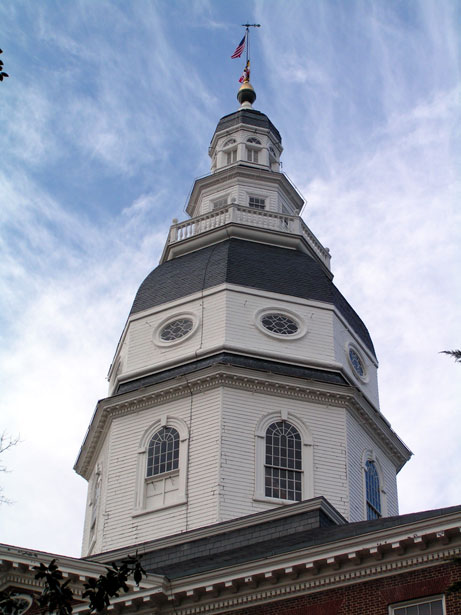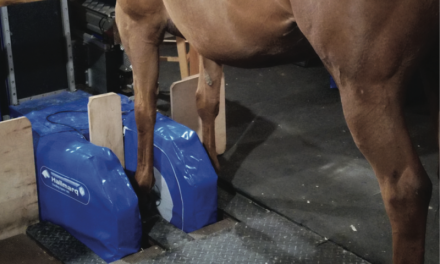A bill not likely to pop up on the average horse person’s radar, but one that could have a subtle yet profound impact on the horse industry, is Senate Bill 99 and it cross-filed cousin House Bill 171. With the cumbersome and decidedly non-sexy title of “Environment: Yard Waste, and Food Residuals, and Other Organic Materials Diversion and Infrastructure – Study,” why would any horse person pay attention to this bill? And what does this bill do? In essence, this bill requires the Department of the Environment to consult with certain entities (including the Maryland Horse Council) and to study, review, explore, identify, and make recommendations regarding certain matters that relate to the diversion of yard waste, food residuals, and other organic materials (such as horse manure). In short, the hope is to identify ways to increase the commercial opportunities for horse manure, which could eventually mean that, for horse people, rather than manure being just a cost center for their business, it could eventually become another income stream. Now wouldn’t that be cool?
As most owners of horse farm know, federal mandates to improve water quality in the Chesapeake Bay (the largest estuary in the United States) have trickled down to affect every farm owner in the state. Like all farmers, horse farm owner must comply with nutrient management regulations. In order to comply, more and more horse farms are having their manure hauled away, adding to the expense of their operations.
However, those who haul the manure away are finding their options increasingly limited as well. Using census numbers produced by United States Department of Agriculture Statistical Services in 2010, Maryland has 79,100 equids (horses, ponies, donkeys, mules). If the average horse produces 55 pounds of manure per day, then Maryland horses produce approximately 1.5 billion pounds (approximately 800,000 tons) of manure per year. While many farms are able to compost this material and use it as fertilizer and soil amendment on-farm, many others do not have that capacity and are forced to have that material disposed of off-farm, often at great expense. And some of this material may end up in landfills. A 2015 MHC survey of Maryland horse farmers revealed that 34% of respondents reported that they sent un-composted manure off the farm for disposal. 50% of respondents who had their horse manure hauled away were not aware of the ultimate disposition.
The Maryland Horse Council has been actively pursuing ways to increase the available facilities and opportunities for composting horse manure, including modern composting and its use for on-farm and commercial organic soil enhancement. MHC has found that the absence of a broad, holistic, and regional approach, and the lack of regional infra-structure, have been significant hindrances to the development of effective and efficient solutions for the re-use of important organic resources.
Horse manure is a good substrate to use for compost. It’s drier than other livestock manure, therefore it’s easier to transport from one location to another. It has a 5:1:2 ratio of nitrogen, phosphorous and potassium, and thus is relatively balanced in nutrients when it’s applied as a soil amendment. When the compostable manure includes animal bedding products such as sawdust or wood shavings, or other vegetative materials such as food waste, it is close to an ideal 25:1 carbon to nitrogen ratio. It is in the best interest of all to ensure that these waste animal and plant products are recycled to their highest and best use.
The Maryland Horse Council actively supported SB 99/HB 171 as it believes these bills will be an important step in finding and developing composting opportunities, and increasing the number of composting facilities as viable economic entities, which, in turn, potentially will increase the business opportunities for composting horse manure. According to testimony given by MHC during the bill hearings, “In those facilities where it is practiced, it has been shown that food waste – when composted with horse manure, results in an excellent compost/soil amendment. Given the large quantity of un-composted Maryland manure and food waste currently being disposed of, exploring ways in which food waste and horse manure can be composted, either jointly or in related facilities, is an indisputable win-win for the State from both an economic and environmental standpoint.”
Apparently, the Maryland legislature likes these bills, as both versions have passed and crossed over to the other chamber. The Senate version has a hearing in the House Environmental Affairs Committee on March 23.












